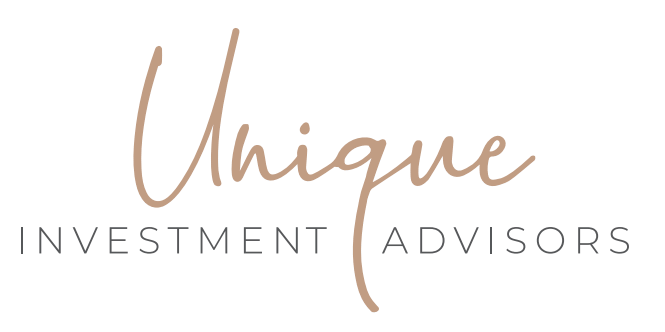Benefits of Cash Value Life Insurance: A Financial Lifeline
In the realm of life insurance, one option stands out for its unique combination of protection and wealth accumulation: cash value life insurance. While traditional life insurance policies serve the primary purpose of providing a death benefit to beneficiaries, cash value life insurance goes a step further by offering a host of additional financial advantages. In this article, we’ll explore the concept, benefits, and considerations of cash value life insurance, shedding light on why it can be an attractive option for individuals seeking long-term financial security.
Understanding Cash Value Life Insurance:
Cash value life insurance, also known as permanent life insurance, is a type of policy that provides both a death benefit and an accumulated cash value component. Unlike term life insurance, which offers coverage for a specific period, cash value life insurance remains in force as long as premiums are paid, and it offers potential for cash value growth over time. These policies typically come in three main variants: whole life insurance, universal life insurance, and indexed universal life (IUL)insurance.
The Unique Benefits of Cash Value Life Insurance:
1. Lifetime Coverage: One of the primary advantages of cash value life insurance is its lifelong coverage. As long as premiums are paid, the policy remains in effect, ensuring that your loved ones are protected no matter when you pass away.
2. Cash Value Growth: A distinguishing feature of cash value life insurance is the potential for cash value accumulation. Part of the premium paid goes towards building cash value, which grows over time, typically on a tax-deferred basis. This accumulated cash value can be accessed during your lifetime for various purposes, such as supplementing retirement income, funding education expenses, or meeting unforeseen financial obligations.
3. Tax Advantages: The cash value component of a life insurance policy offers tax advantages. The growth of cash value is tax-deferred, meaning you won’t owe taxes on the gains until you withdraw them. Additionally, withdrawals in the form of policy loans are generally tax-free. These tax benefits can be valuable for individuals seeking to maximize their financial resources and minimize tax liabilities.
4. Flexibility and Control: Cash value life insurance policies provide flexibility and control over your financial future. Depending on the policy type, you may have the option to adjust your premiums, death benefit, or cash value investments to align with your changing needs and goals. This adaptability makes cash value life insurance a versatile financial tool that can evolve with your circumstances.
Considerations and Key Points:
1. Premiums: Cash value life insurance typically involves higher premiums compared to term life insurance. It’s crucial to carefully evaluate your budget and ensure that the premiums are affordable in the long run.
2. Long-Term Commitment: Cash value life insurance is designed to be a long-term commitment. Withdrawing cash value or surrendering the policy prematurely may result in financial consequences. Therefore, it’s important to assess your financial objectives and commitment to maintaining the policy before opting for cash value life insurance.
3. Policy Performance: The performance of the policy’s cash value component is influenced by factors such as the insurer’s investment performance and policy fees. It’s advisable to review and understand these elements before choosing a specific policy.
Cash value life insurance offers a unique blend of protection, cash value growth, and financial flexibility. With its potential to provide lifelong coverage, accumulate cash value, and offer tax advantages, it can serve as a robust financial asset in your overall wealth management strategy. However, it’s essential to consider your long-term financial goals, affordability, and commitment before deciding if cash value life insurance aligns with your needs. Consulting with a reputable insurance professional can help you navigate the nuances and find the right policy tailored to your specific circumstances.
Author




















